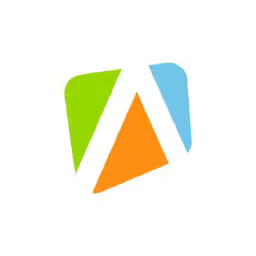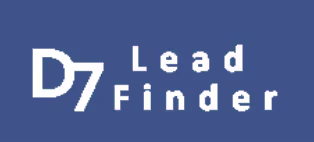Setmore Alternatives
Explore 10 Setmore alternatives. This guide compares features, pricing, and use cases to help you choose the right scheduling software.
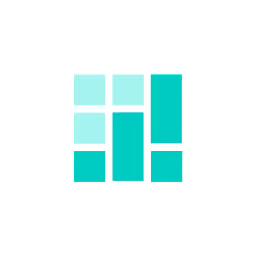
Setmore is a popular choice for online scheduling, and for good reason. Many users appreciate its simple setup and ease of use for basic appointment needs. It performs well when you need a straightforward, automated calendar to connect with customers.
However, no tool is perfect. Some users note drawbacks with appointment management and customer support, which might lead you to seek alternatives. We've analyzed the best options based on G2 reviews to help you decide. Let's get started.
Consider 11x for Your Sales Team
For teams focused on sales, 11x is an option to consider. It provides digital workers for sales development tasks, a solution for companies that want to automate parts of their sales process with a dedicated digital workforce.
11x is a go-to-market platform that uses AI agents to manage the sales process. We provide agents like Alice, who finds prospects, handles outreach on email and LinkedIn, and updates your CRM. Another agent, Julian, qualifies inbound leads and books meetings.
This model replaces the need for separate tools for data enrichment, outreach, and email warmup by combining them into one platform. It consolidates functions often found in a traditional GTM stack.
Setmore Alternatives
We will now examine several alternatives to Setmore. For each tool, we break down its pricing, main features, and how it stacks up against Setmore in terms of benefits and potential drawbacks.
1) Calendly
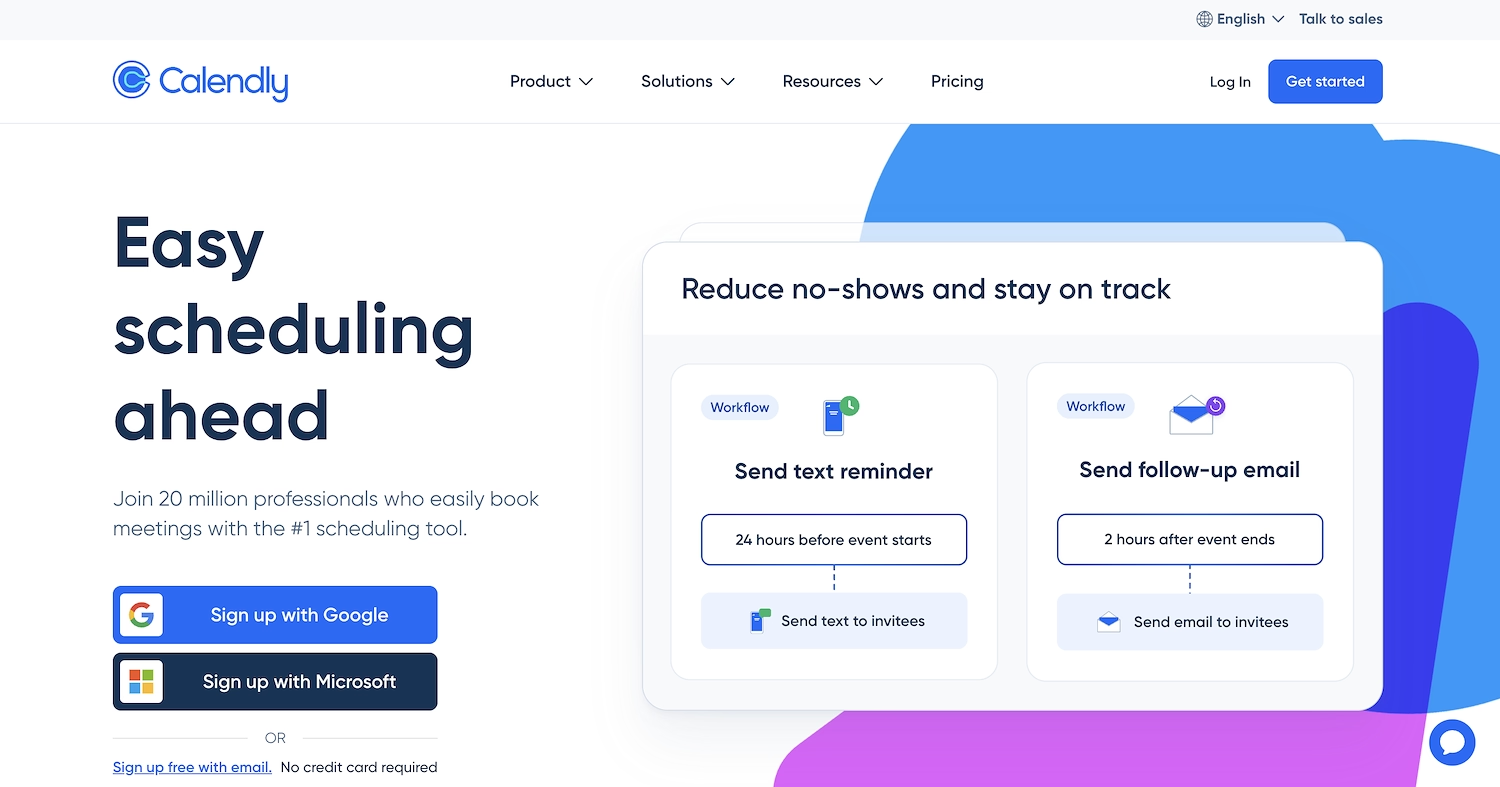
Calendly is an automation platform for appointments used by over 100,000 organizations. It eliminates back-and-forth emails; users share availability via booking links or embedded widgets. The tool connects to multiple calendars and integrates with 100+ business apps.
It automates reminders and follow-ups. Common uses include client meetings, sales lead qualification, and recruitment interviews. The platform serves individuals, teams, and large enterprises with secure options for appointment management.
Calendly's Main Features
- Qualifies and routes leads from a website before presenting booking times.
- Pools team calendars for round-robin or collective meetings to maximize open slots or co-host calls.
- Sends SMS and email reminders and post-meeting follow-ups through automated workflows.
- Offers centralized user provisioning, security settings, and usage reporting through admin management and analytics.
How Calendly Compares to Setmore
Average Review Score: 4.7/5 stars based on 2,399 G2 reviews.
- Calendly qualifies and routes leads from a website before it presents booking times, offering a more advanced sales function compared to Setmore's direct booking approach.
- It provides flexible team scheduling options, such as pooled availability for round-robin meetings, which differs from Setmore's standard team booking.
- The tool's automated workflows allow for more customized reminders and follow-ups than Setmore’s simpler notification system.
- With connections to over 100 business apps, Calendly offers a wider range of integration possibilities to build a connected workflow.
Calendly's Limitations Compared to Setmore
- Calendly requires a paid plan to accept payments through integrations like Stripe or PayPal. In contrast, Setmore includes payment processing with Square on its free plan, which can be a significant advantage for businesses that need to collect payments at booking.
- The tool offers limited branding and customization options on its free tier. Setmore provides more flexibility in this area without a subscription, such as offering a custom booking page URL, which helps businesses maintain brand consistency.
- Some users report that the setup for advanced event types in Calendly can be complex. This is different from Setmore’s user interface, which is often noted for its simplicity and ease of use for core scheduling functions.
Cost and Value Comparison
Setmore offers more budget-friendly paid plans, with its Team plan at $9 per month and Pro plan at $12 for two users, compared to Calendly's starting price of $10 per seat. This positions Setmore as a cost-effective option for smaller teams, while Calendly's pricing aligns with its advanced features for larger-scale operations.
2) Acuity Scheduling
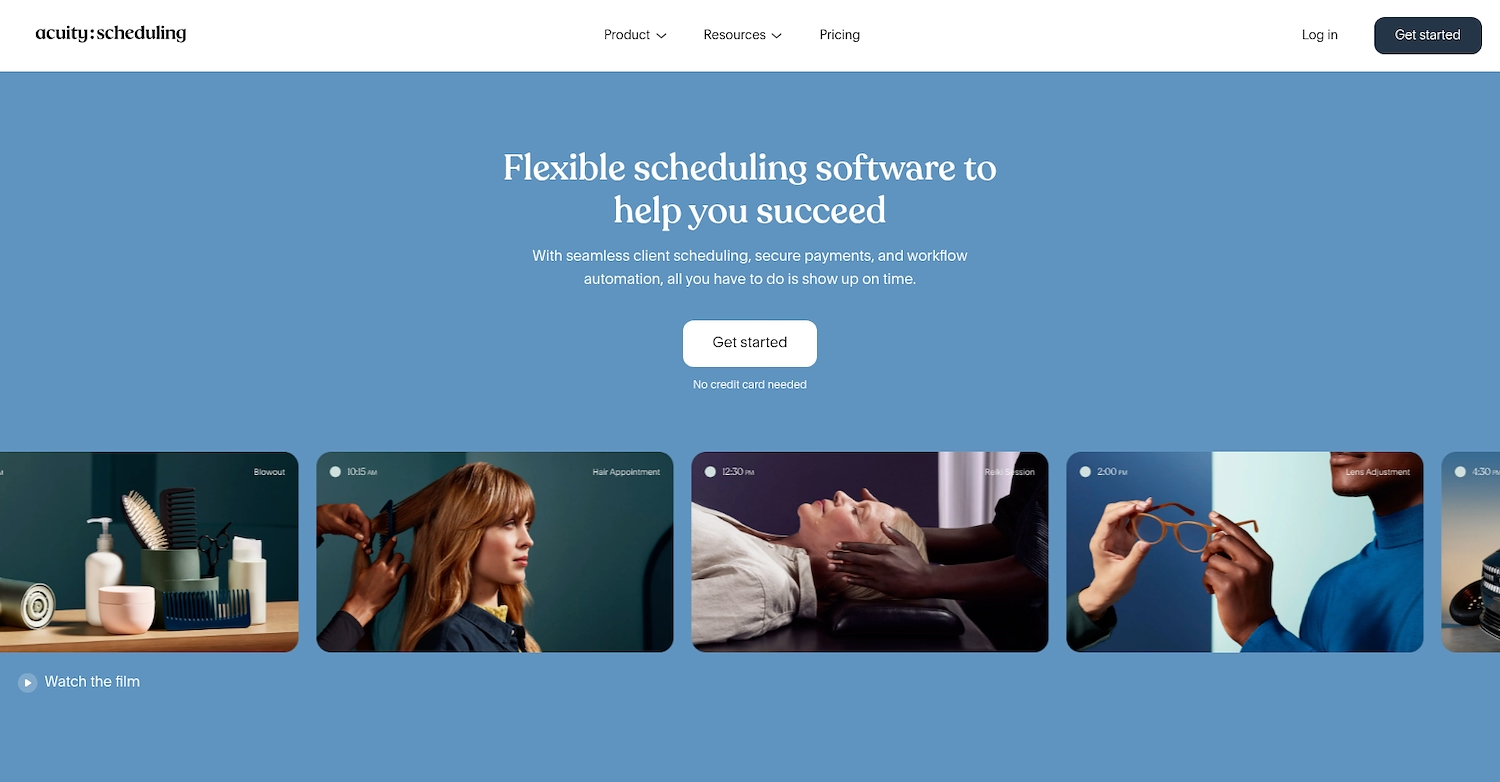
Acuity Scheduling, a Squarespace company, is a platform for appointment automation and client management. It provides a branded page for clients to book, reschedule, and pay for services online. The system can reduce no-shows with deposits and automated reminders. Businesses also manage multiple staff and locations from one dashboard and collect client information when an appointment is made.
Acuity Scheduling's Main Features
- Offers built-in HIPAA compliance on its Premium plan for the secure management of client data.
- Supports client loyalty with tools for creating coupons, discounts, subscriptions, gift cards, and packages.
- Collects secure payments via Stripe, Square, or PayPal with options for deposits, tipping, and checkout add-ons.
- Gathers detailed client information upon booking through custom intake forms for personalized service.
How Acuity Scheduling Compares to Setmore
Average Review Score: 4.7/5 stars based on 404 G2 reviews.
- Acuity Scheduling provides built-in HIPAA compliance on certain plans, offering a necessary feature for healthcare businesses that handle sensitive client data, which is a level of security not standard in Setmore.
- It supports client loyalty with tools for subscriptions, gift cards, and packages, giving businesses more options to encourage repeat customers compared to Setmore's core scheduling features.
- The tool collects detailed client information through custom intake forms during booking, which allows for more personalized service than the standard fields in Setmore.
- This platform integrates with Stripe, Square, and PayPal and includes options for deposits and tipping, providing more payment flexibility than Setmore's simpler payment system.
Acuity Scheduling's Limitations Compared to Setmore
- Acuity Scheduling does not offer a free plan that includes payment processing. In contrast, Setmore provides a free tier with Square integration, making it more accessible for businesses needing to collect payments without an initial subscription.
- The tool's entry-level plan starts at a higher price point. Acuity's first paid tier is $16 per month for one user, while Setmore offers team plans that begin at $9 per month, presenting a more budget-friendly option for smaller operations.
- Some users report that the platform can feel complex for basic scheduling needs. Setmore, on the other hand, is often noted for its simple interface, which provides a more straightforward experience for users who only require core appointment booking functions.
Cost and Value Comparison
Setmore is more cost-effective for smaller teams with its Pro plan at $12 for two users, while Acuity Scheduling’s Growing plan at $27 for six users offers a lower per-user cost for expanding businesses. For the most current and detailed pricing, visit Acuity Scheduling's official website.
3) Square Appointments
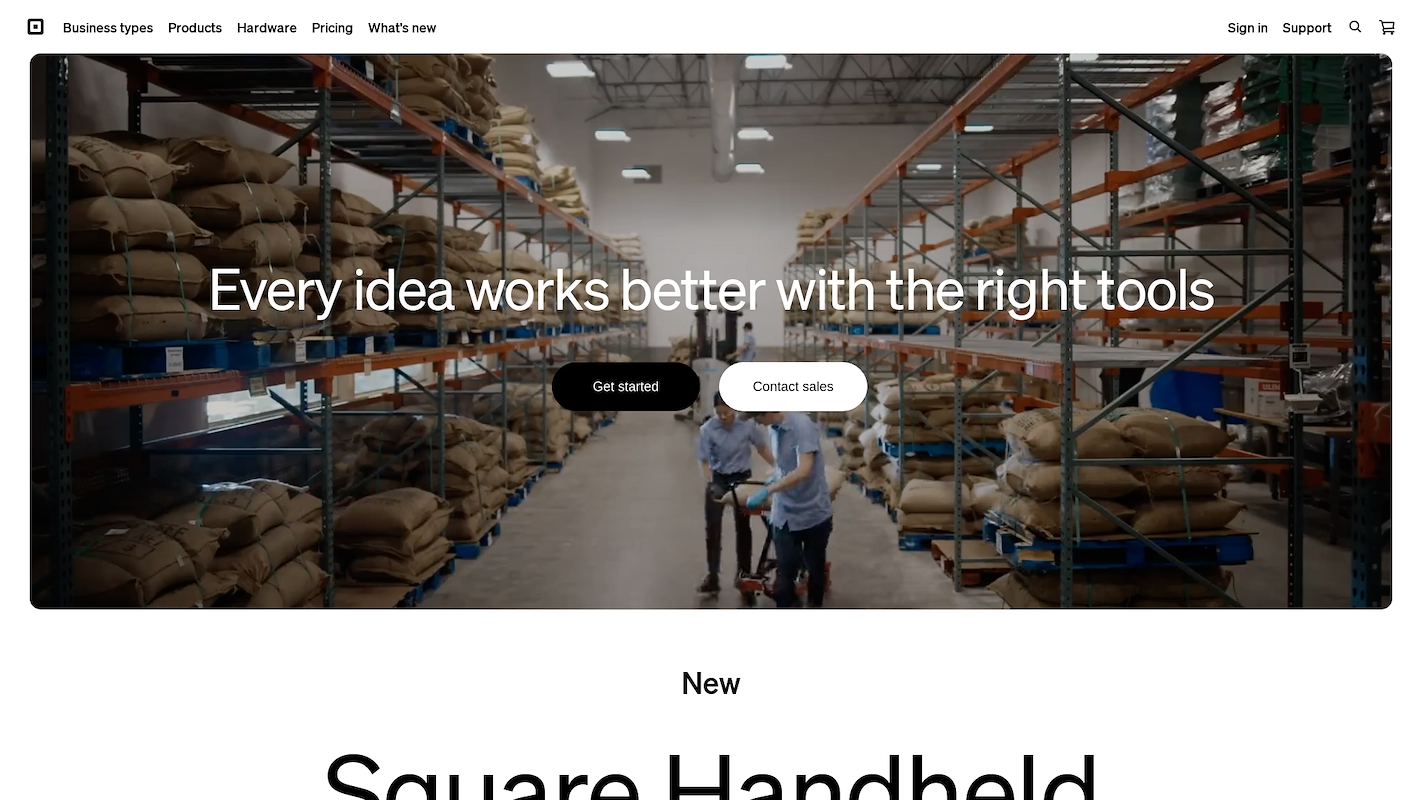
Square Appointments is an all-in-one scheduling and point-of-sale solution. It provides a 24/7 online booking site, manages staff calendars, and accepts payments. The platform syncs with Google Calendar and automates confirmations and reminders.
It integrates with the broader Square ecosystem, which offers tools for an online store, loyalty programs, and marketing campaigns. This design gives businesses a unified hub for bookings, payments, and customer engagement.
Square Appointments's Main Features
- Offers an integrated point-of-sale system with hardware options and accepts various payment types, including QR codes and Cash App Pay.
- Uses an AI-powered assistant for automated replies and rescheduling, centralizing all client communication in a single inbox.
- Integrates with the broader Square ecosystem for tools like an online store, loyalty programs, and buy-now-pay-later options.
- Provides a free booking website with social media integrations and lists the business on the Square Go marketplace for client discovery.
How Square Appointments Compares to Setmore
Average Review Score: 4.3/5 stars based on 37 G2 reviews.
- Square Appointments offers a fully integrated point-of-sale system with hardware options. This provides more payment flexibility, such as QR codes and Cash App Pay, compared to Setmore's standard Square integration.
- It connects to the broader Square ecosystem, which includes tools for an online store and loyalty programs. This is different from Setmore, which relies on third-party apps for similar functions.
- The tool provides a listing on the Square Go marketplace, which helps new clients discover the business. Setmore does not offer a similar built-in client discovery platform.
- An AI-powered assistant is included to automate replies and manage rescheduling. This offers a more advanced communication feature than Setmore's automated reminder system.
Square Appointments's Limitations Compared to Setmore
- Square Appointments provides limited design and brand customization for its booking widget. In contrast, Setmore offers more flexibility on its free plan, such as a custom booking page URL to maintain brand consistency.
- The tool requires a paid plan for certain functions like Google Calendar sync. This is different from Setmore, which includes features like payment processing on its free tier, making it more accessible for new businesses.
- Some users report a learning curve with the platform. Setmore, on the other hand, is often noted for its simple interface, which offers a more straightforward experience for basic scheduling needs.
Cost and Value Comparison
Setmore is a budget-friendly option with a free plan and a Team plan at $9 per month. While exact pricing for Square Appointments is not provided, its integration with a full POS system suggests a different value proposition. For the most accurate cost details, visit Square Appointments's official website.
4) SimplyBook.me
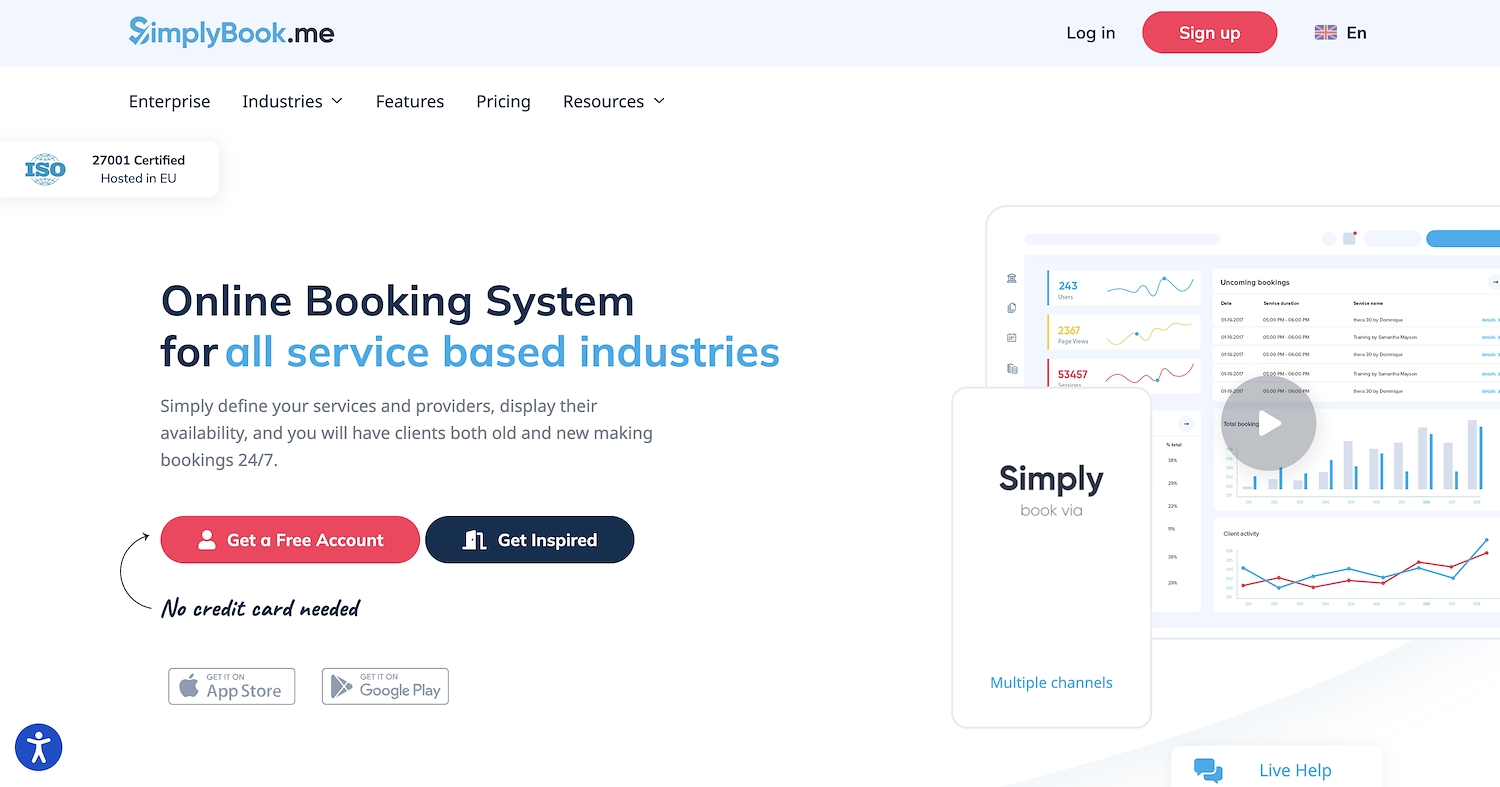
SimplyBook.me is an online booking system for service providers across various industries. It provides a professional booking site for clients to make appointments 24/7. The platform integrates with online calendars and accepts payments through multiple gateways.
It sends automated confirmations and reminders to reduce no-shows. Businesses can manage appointments, clients, and staff from a central dashboard, which makes it adaptable for different operational needs.
SimplyBook.me's Main Features
- Provides omnichannel booking through a website, widgets, and direct channels like Facebook, Instagram, and a branded client app.
- Enables over 50 custom features, including HIPAA/SOAP forms, memberships, a loyalty system, and product add-ons.
- Includes a built-in marketing suite to schedule posts and launch ads on Google, Meta, and TikTok.
- Maintains ISO-27001 certification for security and provides an option for HIPAA compliance.
How SimplyBook.me Compares to Setmore
Average Review Score: 4.4/5 stars based on 105 G2 reviews.
- SimplyBook.me provides omnichannel booking through a website, social media channels like Facebook and Instagram, and a branded client app. This offers more client-facing booking options than Setmore's standard booking page and widget.
- The platform supports client loyalty with features like memberships and gift cards. Setmore focuses more on the core scheduling function and has fewer built-in tools for customer retention programs.
- It includes a built-in marketing suite to create and schedule promotional posts. This is different from Setmore, which requires third-party tools for similar marketing activities.
- For businesses with strict data needs, the tool holds ISO-27001 certification and offers HIPAA compliance, a level of security not standard in Setmore.
SimplyBook.me's Limitations Compared to Setmore
- SimplyBook.me provides a free plan with a cap on bookings and a limited number of custom features. In contrast, Setmore's free plan offers unlimited appointments and includes payment processing without such restrictions.
- Some users report that the platform's wide range of custom features can create a learning curve during setup. This is different from Setmore, which is often noted for its simple interface that allows for a quick start.
- The tool treats video meeting integrations as a custom feature, which may require a paid plan depending on other needs. Setmore includes a video meeting function directly in its free plan, offering a different out-of-the-box experience.
Cost and Value Comparison
Setmore offers a more budget-friendly entry point with its Team plan at $9 per month, slightly less than SimplyBook.me's Basic plan at $9.90. While both tools provide a free plan, Setmore's includes unlimited appointments, whereas SimplyBook.me's has a booking limit. For growing businesses, Setmore's Pro plan is $12 for two users, while SimplyBook.me's higher-priced tiers, up to $59, cater to those needing extensive custom features.
5) Sign In Scheduling (10to8)
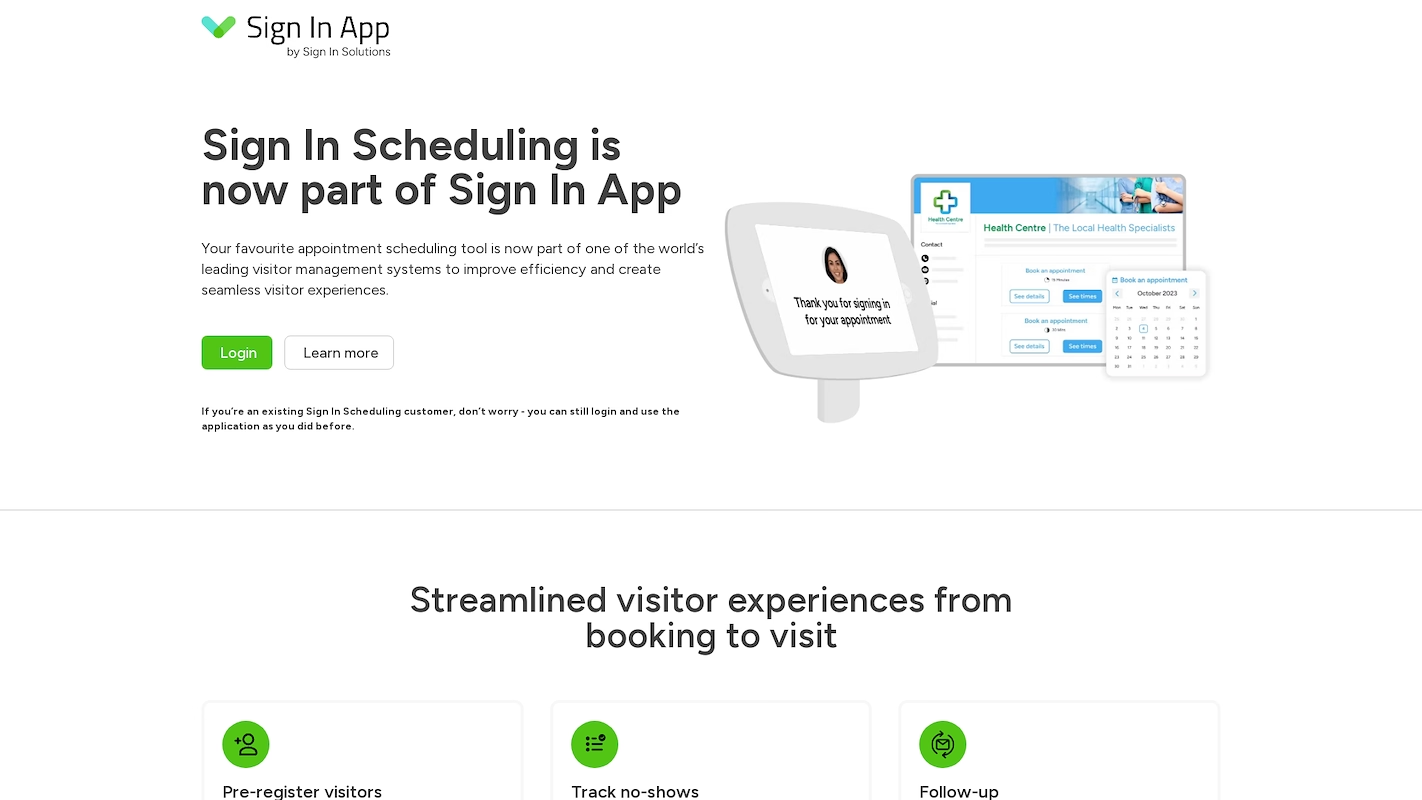
Sign In Scheduling (10to8) is a platform for appointment automation. It gives businesses a page for clients to make appointments and helps coordinate staff calendars. The tool sends automatic reminders via SMS, email, and voice call to prevent no-shows.
It also features two-way sync with major calendars and connects with other business apps for an integrated workflow.
Sign In Scheduling (10to8)'s Main Features
- Automatically pre-registers visitors once an appointment is booked to prepare for on-site sign-in.
- Flags appointments as no-shows if a visitor fails to sign in, which helps with tracking.
- Manages multiple locations, services, and staff members from a single administrative portal.
- Generates advanced reports that provide data-driven insights and help measure ROI.
How Sign In Scheduling Compares to Setmore
Average Review Score: 4.6/5 stars based on 221 G2 reviews.
- Sign In Scheduling automatically pre-registers visitors for on-site sign-in after booking. This differs from Setmore, which focuses on appointment creation without a built-in visitor check-in process.
- The tool flags appointments as no-shows if a visitor does not sign in on-site. This provides more accurate attendance tracking compared to Setmore's standard appointment status management.
- It offers a single administrative portal to manage multiple locations, services, and staff members. This provides a centralized overview, while Setmore requires plan upgrades for similar multi-location capabilities.
- Advanced reports are available to measure ROI and offer data insights. This is a more analytical approach than Setmore's basic reports on appointments and revenue.
Sign In Scheduling's Limitations Vs. Setmore
- Sign In Scheduling does not offer a free plan for ongoing use, which is different from Setmore's free-forever tier that includes unlimited appointments.
- The tool does not include built-in payment processing as a standard feature. In contrast, Setmore provides Square integration on its free plan, allowing businesses to accept payments from the start.
- Some users report that the platform can feel complex for basic appointment needs due to its focus on visitor management. Setmore is often noted for its simple interface for core scheduling functions.
Cost and Value Comparison
Setmore provides a free plan and paid tiers starting at $9 per month, positioning it as a budget-friendly option. In contrast, Sign In Scheduling’s plans begin at $495 per year, a price point that reflects its focus on site-based visitor management rather than simple appointment booking.
Try 11x for Sales Automation
If your goal is to automate sales development, consider a digital workforce. 11x provides AI agents to find prospects, handle outreach, and schedule meetings. This approach combines your sales tools into one platform. Explore 11x for your team.
Try 11x for Sales Automation
At 11x, we use AI to run your sales playbook. Our agent Alice finds accounts and handles outreach, while Julian qualifies inbound leads and books meetings. We replace tools in a traditional GTM stack by combining data, outreach, and email warmup into one platform.
Book a demo to see it in action.
6) Appointlet
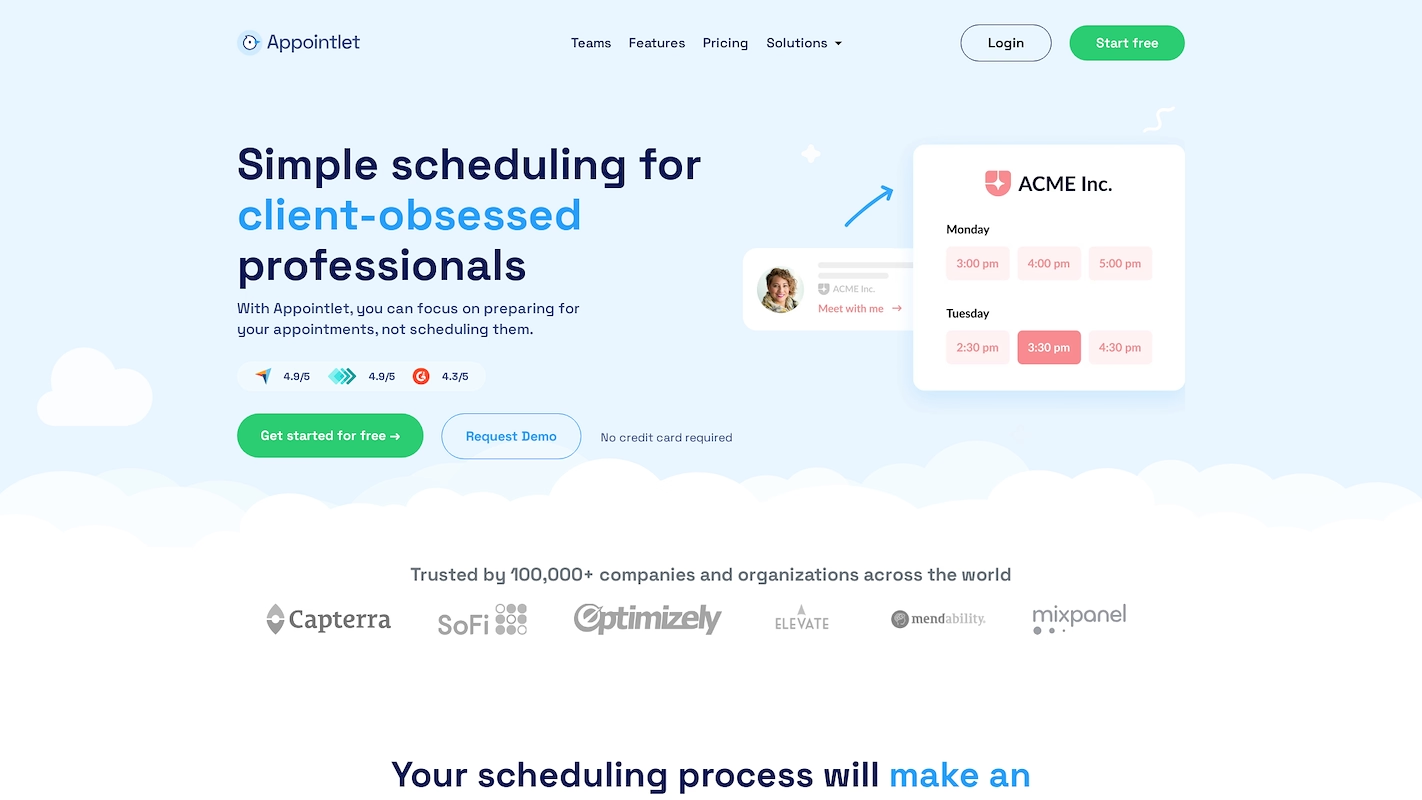
Appointlet is a web-based tool for appointment automation. It connects with Google Calendar or Office 365 to show your available times on a dedicated page. Clients can then select a time to meet, which removes the need for email exchanges.
The platform is used for sales demos, customer success calls, and recruitment interviews. It helps businesses coordinate meetings with prospects and customers through a shareable link.
Appointlet's Main Features
- Supports team scheduling with options for round-robin, client-choice, or multi-attendee bookings.
- Provides multiple sharing methods, including links for email and social media or embeddable widgets for inline and pop-up display.
- Automates workflows by sending calendar invites, email and SMS reminders, and handling rescheduling or cancellations.
- Automatically creates meeting rooms for Zoom, Microsoft Teams, or Google Meet for virtual appointments.
How Appointlet Compares to Setmore
Average Review Score: 4.4/5 stars based on 15 G2 reviews.
- Appointlet provides flexible team scheduling with round-robin and multi-attendee options, which offers more ways to manage group availability compared to Setmore's standard team booking.
- The tool offers multiple ways to share booking pages, including embeddable pop-up widgets for websites. This gives another way to capture leads directly on a page, while Setmore also provides embed options.
- Its automated workflows handle the entire booking cycle, from initial invites to rescheduling and cancellations. This is a more comprehensive approach compared to Setmore’s simpler reminder system.
- Appointlet's premium plan starts at $8 per user per month. This presents a slightly lower per-user cost compared to Setmore's entry-level team plan, which is priced at $9 per month.
Appointlet's Limitations Compared to Setmore
- Appointlet requires a paid subscription to accept payments. In contrast, Setmore includes payment processing with Square on its free plan, which is a benefit for businesses that charge for services at the time of booking.
- The tool offers fewer branding options on its free tier. Setmore, for example, provides a custom booking page URL without a subscription, which helps businesses maintain brand consistency.
- It does not have a dedicated client portal for customers to manage their own appointments. This is different from Setmore, where clients can log in to view their history and rebook past services.
Cost and Value Comparison
Both tools offer a free plan, but Setmore includes payment processing, a paid feature on Appointlet. Appointlet's premium plan is $8 per user per month, while Setmore's Pro plan is $12 for two users, making it a more cost-effective option for pairs. For the most current pricing, check Appointlet's official website.
7) TimeTap
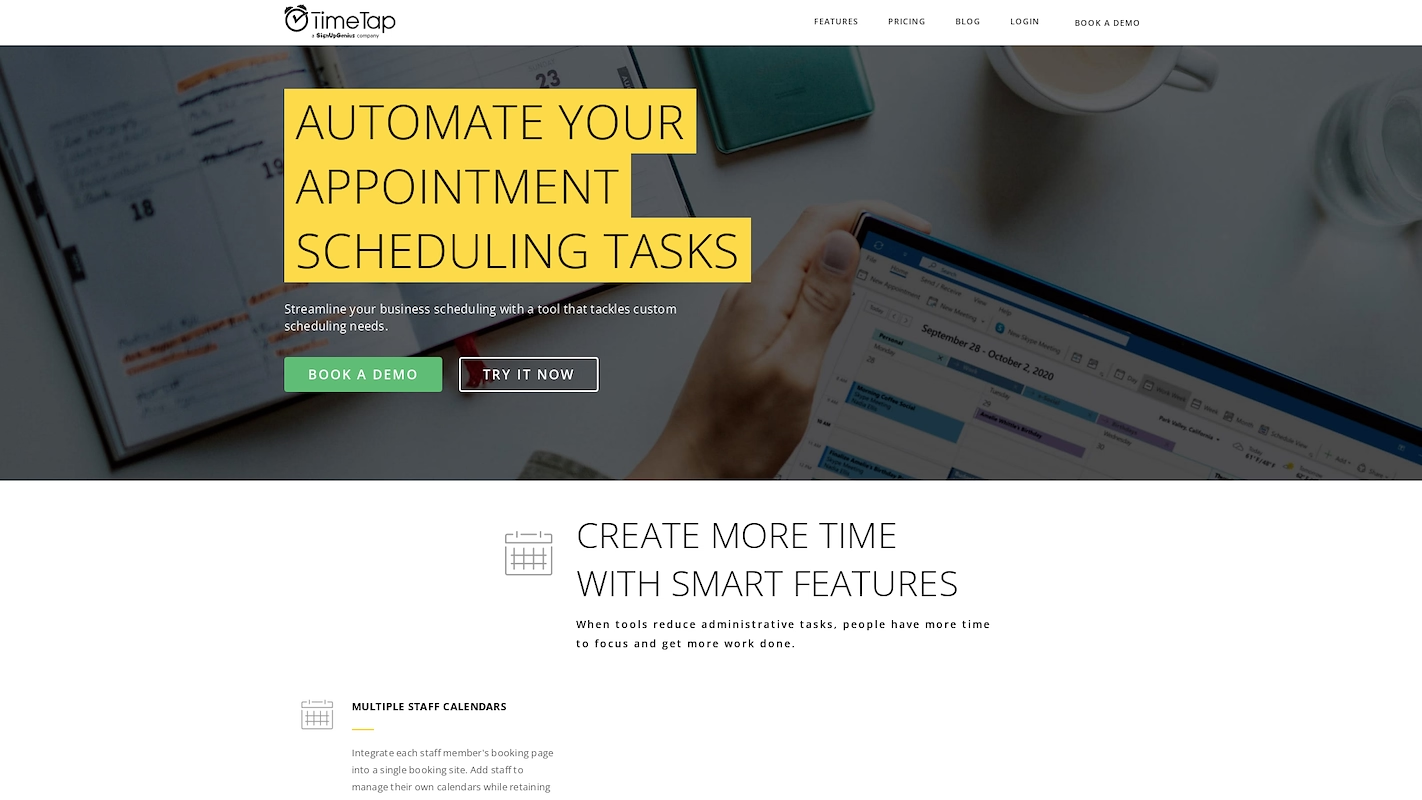
TimeTap is a software for online appointments. It provides a page for clients to book time with service professionals. The system helps businesses manage staff calendars and client appointments from one dashboard. It sends automated reminders and syncs with other calendars to avoid conflicts.
TimeTap's Main Features
- Maintains an automated waitlist for classes and events, which auto-invites the next person when a slot opens.
- Calculates travel time with Google Maps to insert drive time between off-site appointments and block availability.
- Builds custom pre-visit forms, and the responses automatically populate a client profile and appointment record.
- Provides enterprise-grade controls such as multi-location management, SSO, ZIP-code filtering, and custom access permissions.
How TimeTap Compares to Setmore
Average Review Score: 4.4/5 stars based on 95 G2 reviews.
- TimeTap offers an automated waitlist for full classes that invites the next person when a spot opens. Setmore, in comparison, does not provide a similar automated waitlist function.
- It calculates travel time between off-site appointments using Google Maps to block out drive time. This differs from Setmore, which does not automatically account for travel between locations.
- The platform allows businesses to build custom pre-visit forms to collect specific client information. This provides more detailed client profiles than Setmore's standard intake fields.
- For larger operations, TimeTap includes enterprise-level controls like SSO and ZIP-code filtering. These advanced options offer more security and location management than Setmore's standard features.
TimeTap's Limitations Compared To Setmore
- TimeTap does not offer a free plan, and its paid options start at a higher price point. In contrast, Setmore provides a free-forever plan with unlimited appointments, which is a more accessible option for new businesses.
- A paid subscription is required to accept payments through the platform. Setmore is different because it includes Square payment processing on its free plan, a feature that lets businesses collect funds without an upfront cost.
- Some users report that the platform's interface can feel complex. Setmore, on the other hand, is often noted for its simple design, which can be easier for users who only need basic scheduling functions.
Cost and Value Comparison
Setmore offers a free plan and a Pro plan at $12 for two users, making it a cost-effective choice. TimeTap's pricing starts at $28.45 per month for its Solo Professional plan and goes up to $84.45 for its Business Team plan for five staff. This positions TimeTap for larger businesses needing its advanced features, while Setmore is more accessible for smaller teams.
8) Bookafy
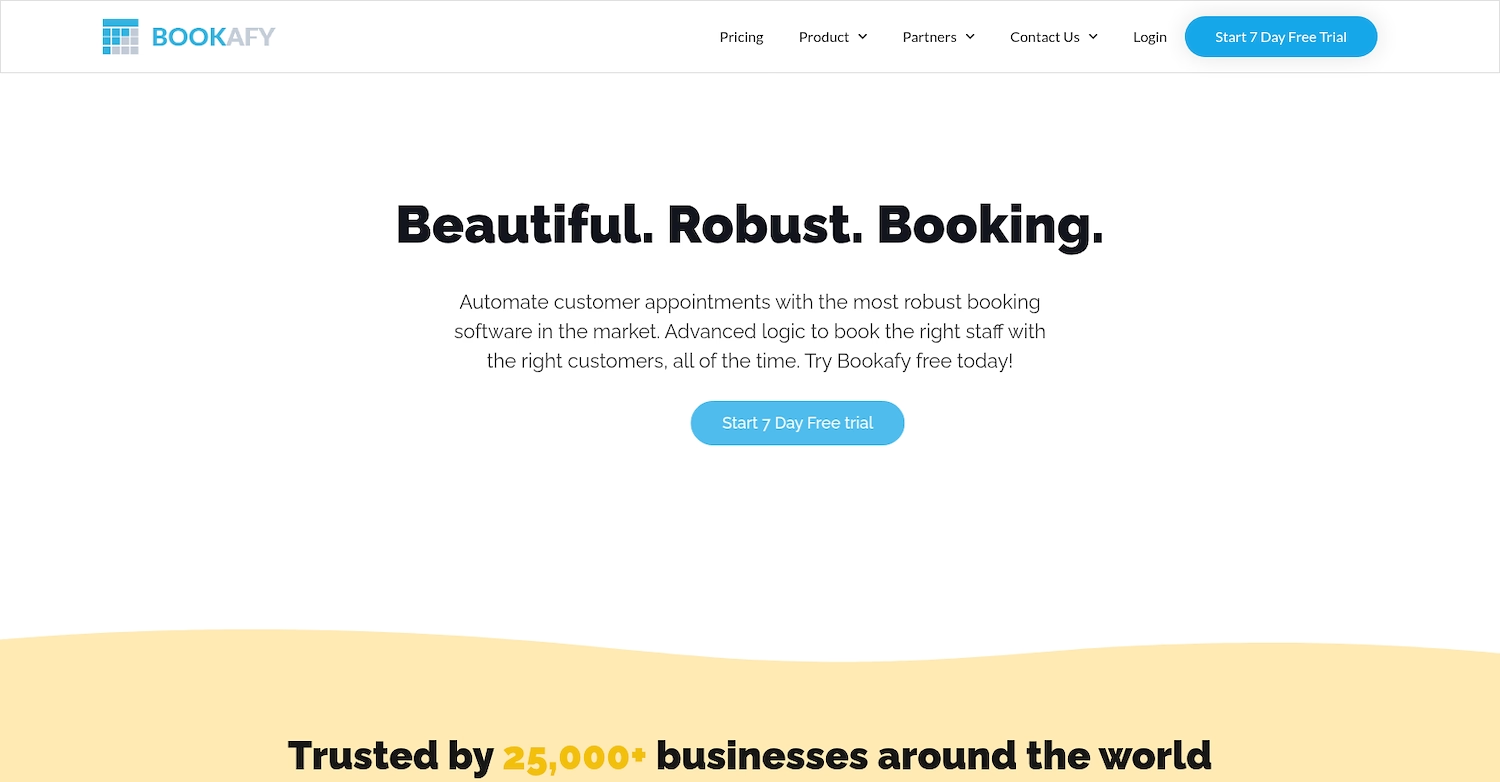
Bookafy is an online scheduling platform that provides service businesses with a public booking page. Clients can book appointments around the clock, and the system helps manage staff schedules from one place.
It syncs with other calendars to prevent double bookings and sends automated reminders to clients before their appointment time.
Bookafy's Main Features
- Embeds into websites via iframe and pop-up, with options to customize color, font, and lines to match a brand.
- Integrates with calendars like Exchange and iCloud, CRMs such as Salesforce and Zoho, and video conferencing tools including Zoom and GoToMeeting.
- Provides custom work for enterprise clients, from user interface modifications to new integrations.
- Offers live support via phone and video calls to walk users through setup and specific questions.
How Bookafy Compares to Setmore
Average Review Score: 4.4/5 stars based on 14 G2 reviews.
- Bookafy integrates with a wider range of calendars, including Exchange and iCloud, and CRMs like Salesforce. This provides more native connection options than Setmore's integration list.
- It offers more detailed brand customization for its booking page, with options to change colors, fonts, and lines. This is different from Setmore's more general branding features.
- The platform provides live support through phone and video calls to help with setup. This offers a more personal support experience compared to Setmore's standard channels.
- For enterprise clients, Bookafy offers custom work, including UI modifications and new integrations. This level of service is not a standard part of Setmore's plans.
Bookafy's Limitations Compared To Setmore
- Bookafy requires a paid plan to accept payments for appointments. In contrast, Setmore includes Square integration on its free plan, which lets businesses collect payments without a subscription.
- Its free plan does not include unlimited appointments, which can be a constraint for businesses with high booking volume. Setmore, by comparison, offers this feature and does not require a paid subscription.
- The platform lacks a dedicated client portal for customers to manage their appointment history. This is different from Setmore, which provides a login for clients to view past services and rebook them.
Cost and Value Comparison
Both tools provide a free plan, but Setmore's includes unlimited appointments and payment processing. For paid tiers, Bookafy is more budget-friendly, with its Pro plan at $7 per month compared to Setmore's Team plan at $9 per month.
9) Fresha
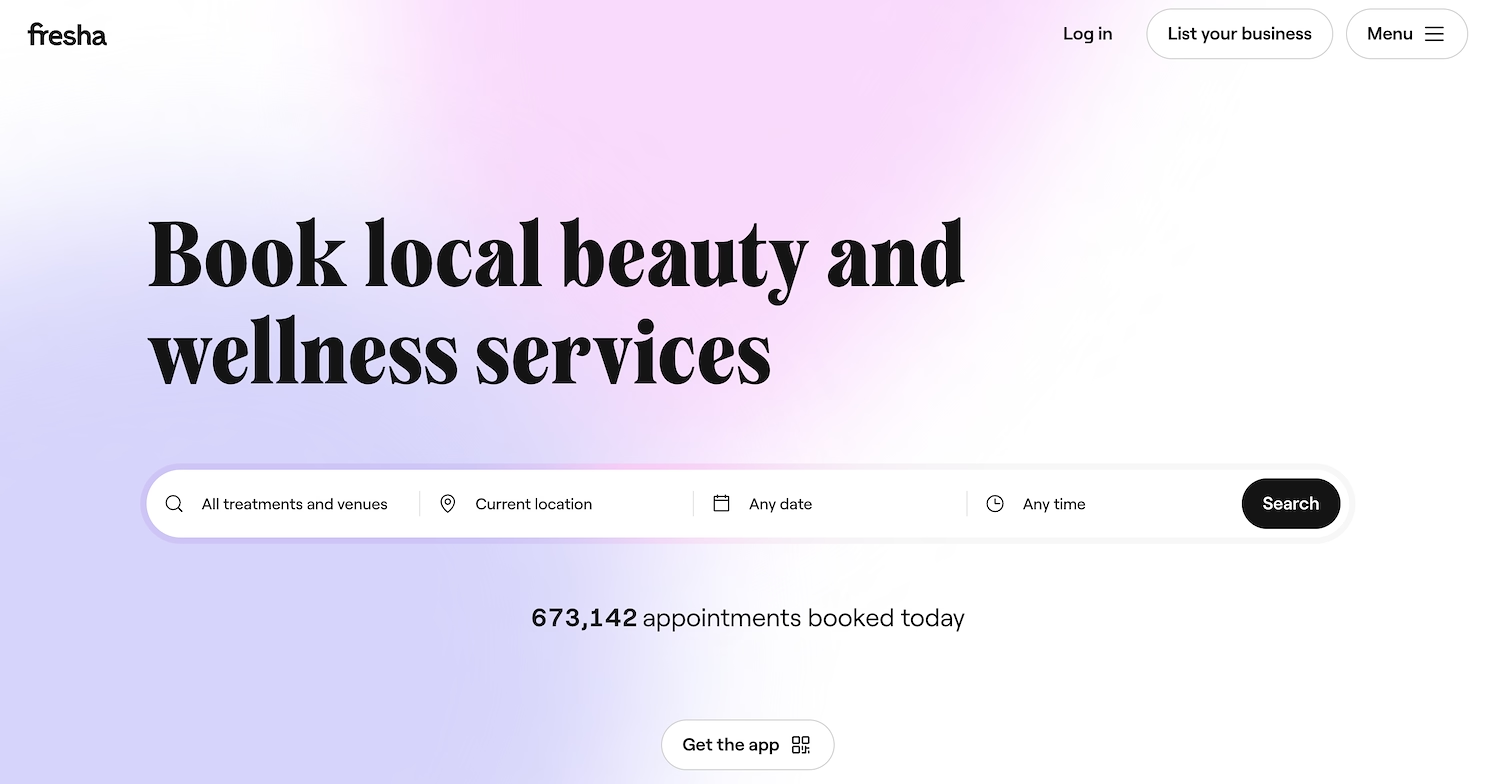
Fresha is a booking platform for the beauty and wellness industry. It offers software for businesses to manage their calendars and operations. Clients use its marketplace to discover local salons or spas and book appointments online.
The system is designed to handle appointment scheduling, client information, and payment processing from a single place.
Fresha's Main Features
- Offers a subscription-free model with unlimited bookings, locations, and team members, with optional paid features for card payment processing.
- Provides a marketplace for consumers to discover and book local beauty and wellness appointments, which helps businesses attract new clients.
- Accepts online bookings directly through Google Search, Facebook, and Instagram pages to expand client reach.
- Keeps clients informed with automated notifications sent via text, email, and a dedicated mobile app.
How Fresha Compares to Setmore
Average Review Score: 4.4/5 stars based on 4 G2 reviews.
- Fresha provides its software on a subscription-free basis, which includes unlimited team members and locations. This is different from Setmore, which requires a paid plan for team management features.
- It includes a consumer marketplace where new clients can discover and book services. Setmore, in comparison, does not offer a built-in platform for client discovery.
- The platform enables direct bookings from Google Search, Facebook, and Instagram. This provides more client acquisition channels than Setmore's standard booking page and integrations.
- Businesses receive unlimited automated notifications via text, email, and a dedicated mobile app at no cost. Setmore also offers notifications, but Fresha's model includes them without subscription tiers.
Fresha's Limitations Compared To Setmore
- Fresha focuses on the beauty and wellness industry, so it may lack features for other service types. Setmore, in comparison, provides a more general platform that fits a wider range of businesses.
- The platform requires payment for card processing. This is different from Setmore, which includes Square integration on its free plan to accept payments without a subscription.
- It does not offer a dedicated client portal for customers to manage their appointment history. Setmore provides this function, which gives clients a way to log in and rebook past services.
Cost and Value Comparison
Fresha is subscription-free, with costs for optional features like card processing, while Setmore offers a free plan and paid tiers starting at $9 per month. For the most accurate pricing, visit Fresha's official website.
10) Vagaro
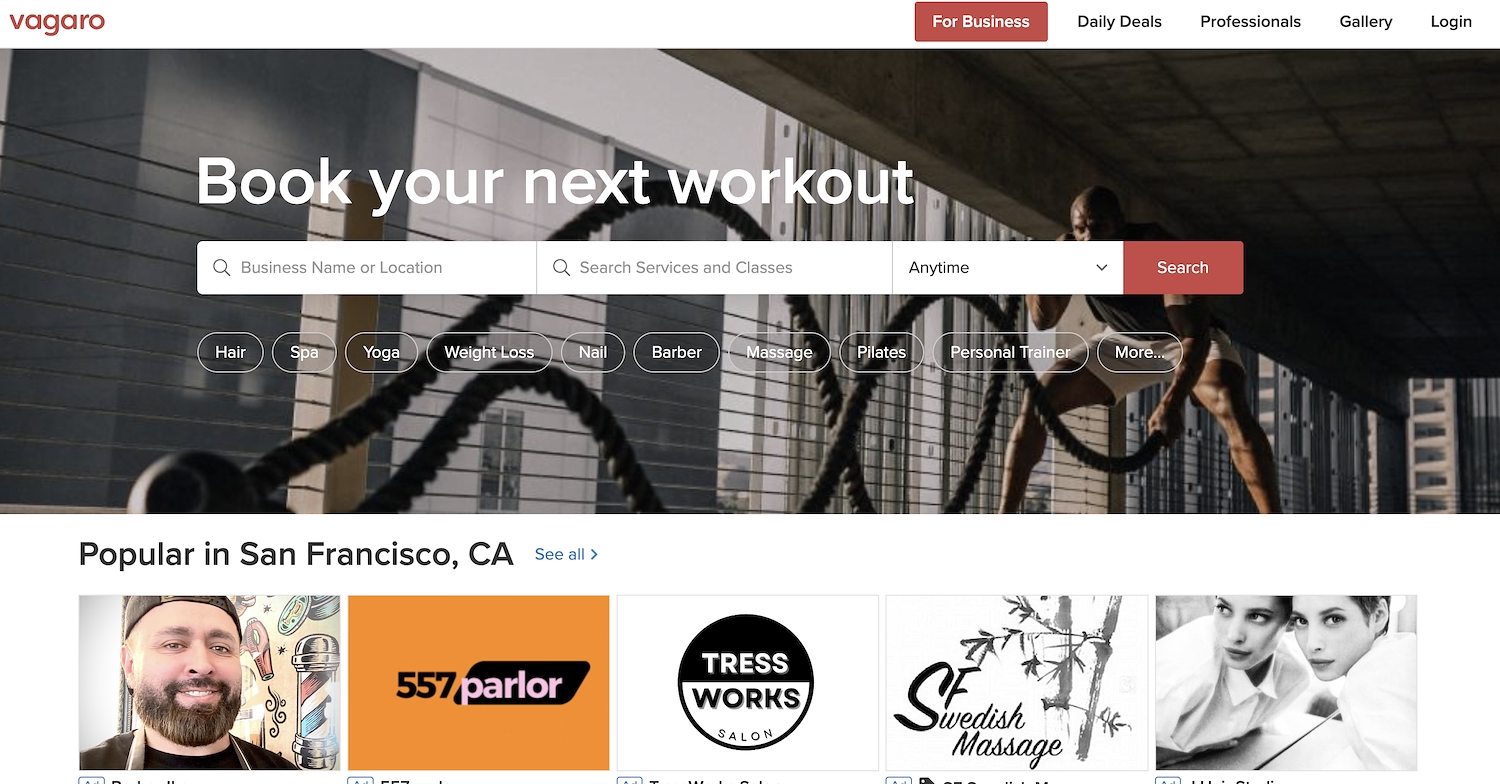
Vagaro is a platform for businesses in the beauty, wellness, and fitness industries. It provides tools for appointment schedules and business management. Clients use the system to book services online, and companies can manage calendars, payments, and client information from one place.
Vagaro's Main Features
- Provides exposure on the Vagaro Marketplace to attract new clients.
- Manages real-time inventory and accepts payments through an integrated POS with Afterpay.
- Uses AI-powered tools for content writing and client communication.
- Offers advanced reporting and payroll features to track business performance.
How Vagaro Compares to Setmore
Average Review Score: 4.6/5 stars based on 286 G2 reviews.
- Vagaro provides exposure on its marketplace to help businesses attract new clients, a feature for client discovery that Setmore does not offer.
- The platform includes an integrated POS system with more payment options like Afterpay, which provides greater payment flexibility for clients compared to Setmore's standard integrations.
- It uses AI-powered tools for tasks like content writing and client communication, offering more advanced automation than Setmore's simpler reminder system.
- The tool offers advanced reporting and payroll features to track business performance, giving more detailed insights than the basic reports available in Setmore.
Vagaro's Limitations Compared To Setmore
- Vagaro does not offer a free plan, and its pricing begins at a higher point. In contrast, Setmore provides a free-forever plan with unlimited appointments, making it more accessible for businesses starting out.
- The platform requires a paid subscription to accept payments. Setmore is different because its free plan includes Square integration, which allows businesses to process payments without an initial monthly cost.
- Some users report that Vagaro's extensive features can create a learning curve. Setmore, on the other hand, is often noted for its straightforward interface, which can be an advantage for teams that need a simple scheduling solution.
Cost and Value Comparison
Setmore provides a free plan and paid tiers starting at $9 per month, offering a more budget-friendly entry point. Vagaro’s pricing begins at $23.99 per month for a single user, while Setmore's Pro plan is $12 for two users, positioning it as a more cost-effective option for smaller teams.
Which One Should You Go With?
Choosing a Setmore alternative depends on many factors, including your budget, team size, and required features. This guide offered several options to help you make an informed decision.
If your focus is on sales automation, 11x provides digital workers to manage your pipeline. Our AI agents find prospects, handle outreach, and book meetings, combining multiple sales tools into one platform.



